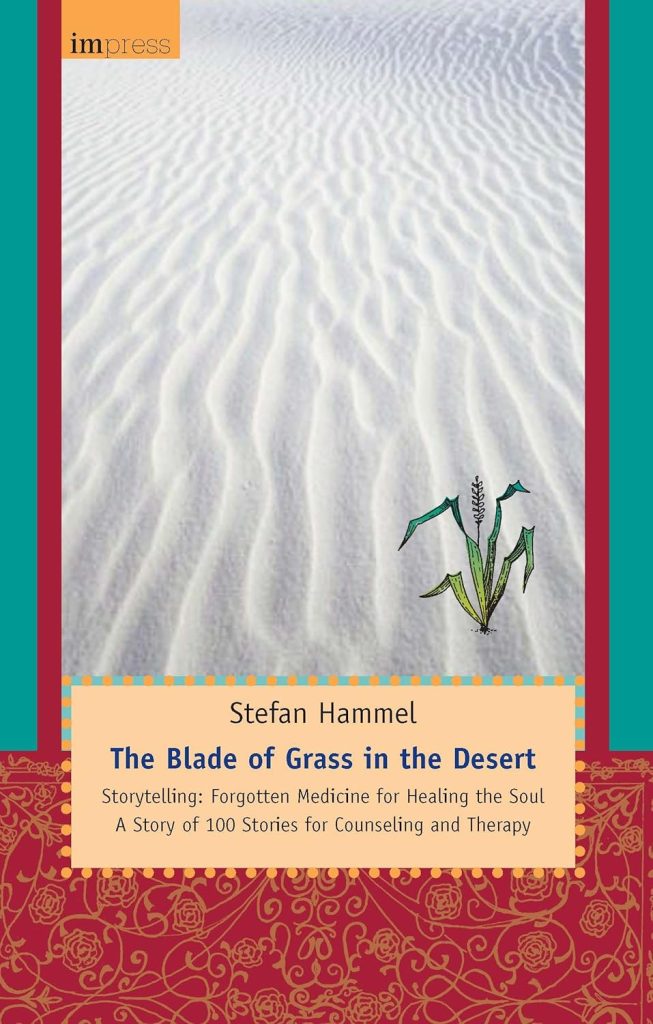I owe thanks to Aleksandra Piatek for translating the story “Clearing Out the Cupboard”.
Mam dużą szafę w salonie. Kiedy wprowadziłam się do mieszkania, starannie ją opróżniłam. Wszystko miało swoje miejsce. Ale przez lata wiele rzeczy, które nie powinny tam być – albo przynajmniej już nie – znalazło swoją drogę do przegródek, półek i szuflad. Moje życie się zmieniło, a inne rzeczy stały się ważne.
Teraz opróżniłam moją szafę. Najpierw wyjęłam wszystko i rozłożyłam na podłodze, tworząc dziki chaos – ale chaos, który miał pewien sens. Mimo to potrzebuję czasu, by wszystko zorganizować. Niektóre rzeczy przywołują wspomnienia. Muszę na nie spojrzeć jeszcze raz. Inne wymagają decyzji. Są rzeczy, które zostaną wyrzucone. Są inne, które będą zachowane, ale nie w tej szafie, lecz gdzie indziej, na przykład na strychu. Jeszcze inne wracają do szafy, ale na inne miejsce.
Cała szafa powinna być na nowo uporządkowana. Ale najpierw wytrę ją z kurzu, a może nawet wypoleruję.
Moja córka właśnie tutaj była. Spojrzała na ogromny bałagan i powiedziała: „Myślałam, że chciałaś posprzątać?”
(From: Stefan Hammel: The Blade of Grass in the Desert, impress 2012)
The book is available in my Onlineshop.
Kind regards, Stefan


